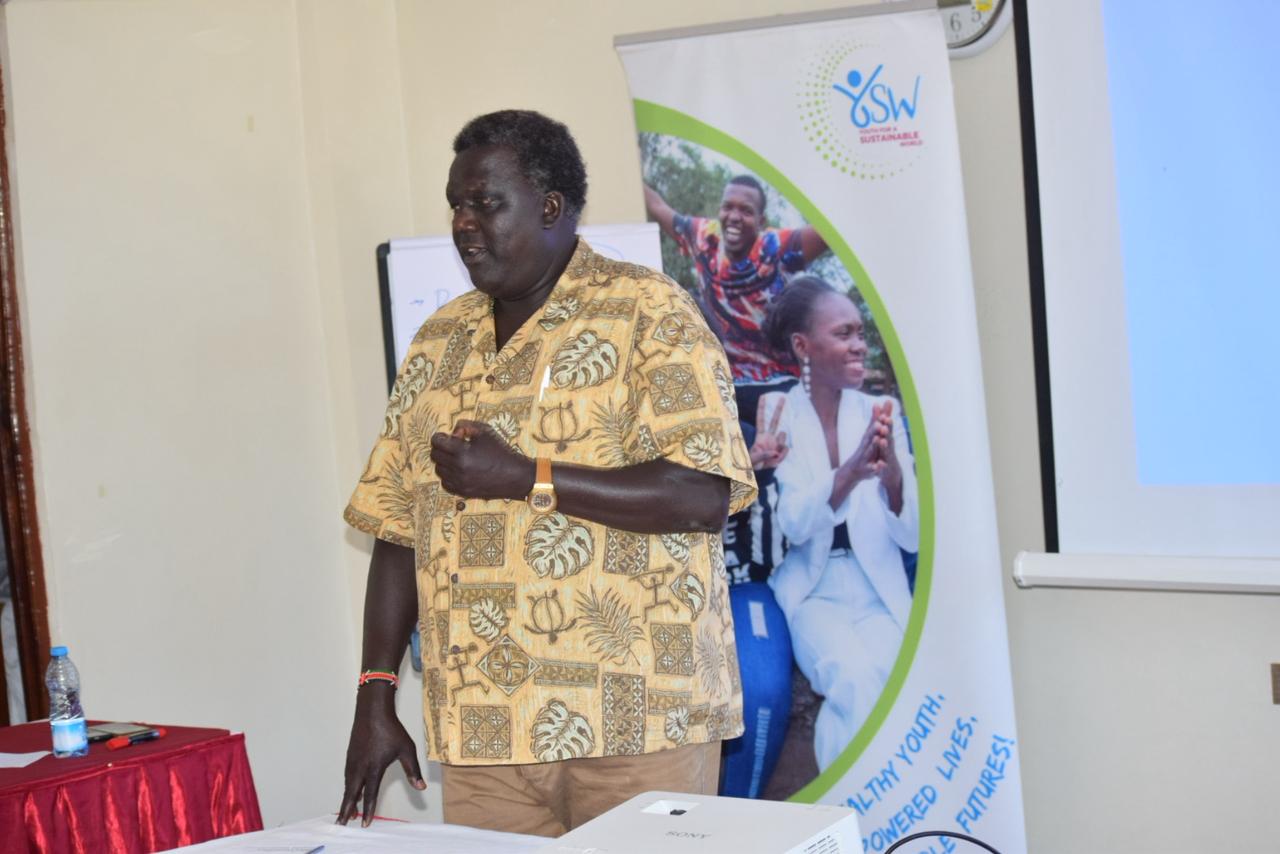The pain of false accusations or stigma from school administrators can be profound and far-reaching, affecting teachers emotionally, professionally, and personally.
In some cases, a principal or their allies may form biased opinions about a staff member. Incorrect information fed to administrators by parents, education officers, or even colleagues can severely undermine a teacher’s morale.
Feeling betrayed or unappreciated by colleagues or superiors often leaves teachers with deep emotional wounds, creating trauma, mistrust, and isolation. Staff members can easily sense elements of stigma, cold wars, or strained relationships between themselves and the administration.
The uncertainty of what lies ahead, and the potential consequences causes significant stress and anxiety. False accusations also erode a teacher’s confidence in their abilities and judgment, leaving them feeling confused and vulnerable.
ALSO READ;
Kakungulu,St.Charles,St.Anthony deadlocked in hockey title chase
This experience may bring about shame, humiliation, and emotional distress, completely souring professional and personal relationships. Worse still, false accusations can tarnish a teacher’s reputation, damaging relationships with students, colleagues, and the wider community. The looming threat of disciplinary action, suspension, or even termination adds further uncertainty about their future.
Relationships within the workplace may become strained or openly adversarial, an unhealthy environment for any school. The emotional toll inevitably affects overall well-being, including both mental and physical health. Teachers may feel stigmatized or judged by others, even when the accusations are baseless. Over time, this can drain their passion for the profession and diminish their motivation.
To mitigate such an unhealthy environment, teachers need strong support systems. Reaching out to trusted colleagues, mentors, or professional organizations can provide both guidance and encouragement. It is also advisable to keep detailed records of interactions, meetings, and communications related to any accusations, as this documentation can serve as protection.
In serious cases, consulting a lawyer who specializes in education law can help teachers understand their rights and options. At the same time, prioritizing self-care activities is essential to manage stress and maintain emotional well-being.
ALSO READ;
Starehe Girls Centre set to celebrate 20 years of empowering young women
Teachers should also engage with professional organizations, unions, or other advocacy groups to ensure they are not unfairly oppressed. Working through formal processes and investigations is key to resolving disputes and clearing one’s name.
On the side of administrators, rebuilding trust through transparent communication and professional conduct is crucial. Schools must foster environments that allow staff to continue growing professionally while addressing conflicts fairly and openly.
False accusations are undoubtedly a painful experience. Yet, with the right strategies, support systems, and a commitment to fairness, teachers can navigate these challenges and work toward positive resolutions.
By Hillary Muhalya
You can also follow our social media pages on Twitter: Education News KE and Facebook: Education News Newspaper for timely updates.
>>> Click here to stay up-to-date with trending regional stories
>>> Click here to read more informed opinions on the country’s education landscape






